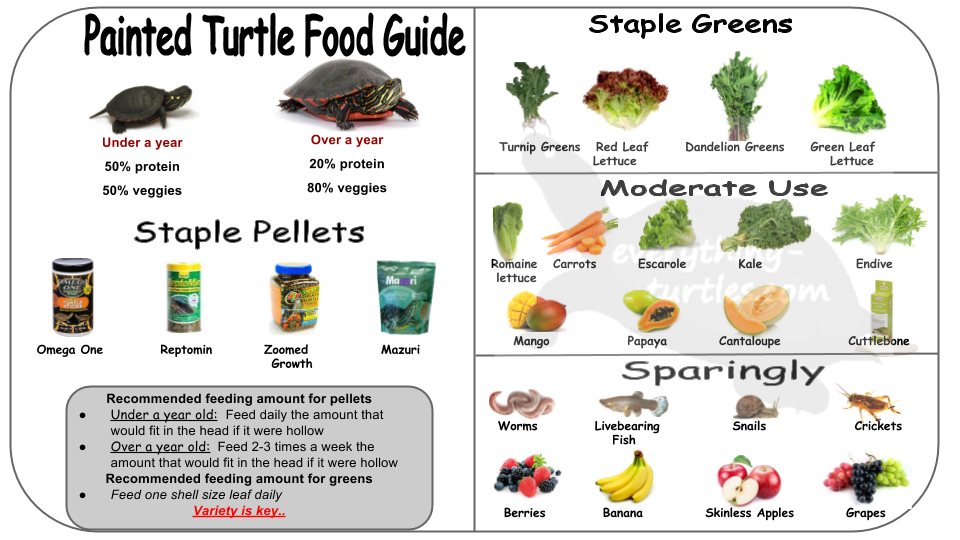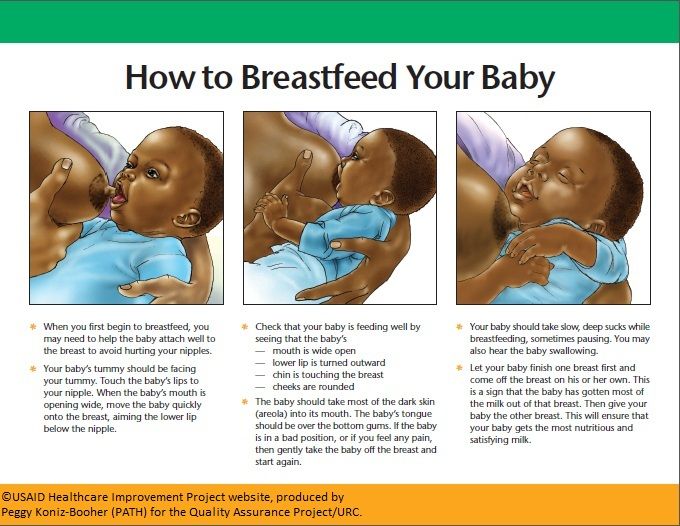Baby sticking tongue out after feeding
Baby Tougue Thrush Causes, Symptoms & Treatments
If you’ve noticed your baby poking out their tongue when nursing or drinking from a bottle, you may be wondering whether you should be concerned. Thankfully, what you’re seeing is most likely a perfectly normal reflex called tongue thrust.
Let’s talk about what baby tongue thrust is, why it happens, and when it may be a sign of a problem.
What Is Baby Tongue Thrust?Your baby is born with a tongue thrust reflex to prevent them from choking. Also known as extrusion reflex, the reflex is stimulated when something touches baby’s lips. They respond by using the tongue to push it away or, in the case of feeding, to latch on to the nipple or bottle.
How Long Does Baby Tongue Thrust Last?The Australian Breastfeeding Association (ABA) says that most babies will grow out of tongue thrusting by around six months old. Around this age, the ABA says that you may notice baby showing an interest in your food, or reaching out to grab food and put it in their mouth.
This is a sign that your baby may be ready to start trying solid foods. You can test this by touching a spoon to the tip of their tongue. If the tongue doesn’t pop out to push the spoon away, then your baby’s tongue thrust reflex is subsiding and you can start to introduce solid food.
What If Tongue Thrust Doesn’t Go Away?All babies hit developmental milestones at different times, so if your baby’s tongue thrust reflex takes longer to subside, it’s usually nothing to worry about. However, if the reflex persists into childhood, it can potentially cause problems with speech and dental development.
The Effects of Tongue Thrust In ChildrenIn a normal swallowing pattern, Dental Health Service Victoria (DHSV) explains that the tongue is pushed up against the roof of the mouth. However, a child still displaying the tongue thrust reflex will push the tongue against the back of the front teeth instead, exerting enormous, sustained pressure. This can push the front teeth forward, creating an open bite and even altering the shape of your child’s face.
This can push the front teeth forward, creating an open bite and even altering the shape of your child’s face.
DHSV also warns that tongue thrust can interfere with a child’s ability to form certain words, particularly those with ‘s’ and ‘z’ sounds. This can lead to a lisp, which may need to be treated by a speech pathologist.
Signs Your Child Still Has Tongue ThrustIt’s not always obvious that your child has tongue thrust. DHSV advises looking out for:
- An open bite.
- A lisp or difficulty saying ‘s’ and ‘z’ sounds.
- Grimacing or pursing the lips when swallowing.
- An open mouth and/or visible tongue when resting.
- Breathing with an open mouth.
According to DHSV, most children will have outgrown the tongue thrust reflex by the age of six, with only three percent still displaying the behaviour at 12.
However, it’s perfectly natural to feel protective of your little one, and it’s always best to err on the safe side.
If you’re worried that your baby’s tongue-poking is a sign of something more serious, or you’re concerned about the effects of tongue thrust on your child’s dental health or speech, your doctor or dentist can offer you advice and reassurance.
Causes and what to do
Babies stick out their tongues for many reasons, and sometimes, for no apparent reason at all. A baby who sticks out their tongue may be hungry, full, or not like a certain food.
Babies may also stick out their tongue to imitate or get a response from their parent or caregiver. Knowing a baby’s habits at a particular age can help determine why they stick out their tongue.
This article outlines the reasons why babies may stick out their tongues. It also explains when sticking out the tongue may indicate a cause for concern.
Share on PinterestSticking out the tongue is normal for babies and does not often indicate an underlying medical condition.A baby’s habits, awareness, and ability to copy adult behaviors change with age. Babies below 6 months may stick out their tongue instinctively, while babies above this age may do it intentionally.
Babies below 6 months may stick out their tongue instinctively, while babies above this age may do it intentionally.
Babies under 6 months
For babies under 6 months of age, the most common reasons for sticking out the tongue include natural reflexes, hunger, and genetic differences.
Tongue thrust reflex
The tongue thrust reflex is when a baby automatically extends its tongue in response to something touching the lips. This reflex makes it easier for young babies to eat when an adult offers milk from the breast or bottle.
The tongue thrust reflex usually lasts up until the baby is 4 to 6 months old. A parent or caregiver should not offer a baby solid foods until this reflex has disappeared. However, most babies will not need solid foods until they are 6 months old.
Hunger
Young babies often stick out their tongues when they are hungry. Parents and caregivers may also notice the baby rooting for food. The baby may turn its head in one direction, open its mouth, and then do the same while facing the other direction.
Genetic differences
Congenital conditions are conditions that are present from birth. Certain congenital conditions may cause babies to have larger tongues than typical. This may cause the tongue to stick out of the mouth.
This is different from when a baby sticks the tongue out on purpose. Babies with conditions such as Down syndrome and Beckwith-Wiedemann syndrome may have a tongue that protrudes from the mouth most of the time, along with other signs and symptoms.
Genetic differences are the least likely reason for babies to stick out their tongues. In most cases, thrusting the tongue out is not a sign that the child has any genetic differences.
Babies over 6 months
At around 6 months old, babies also develop some communication skills, meaning they may intentionally stick out their tongues.
A baby may stick out its tongue to imitate an older child or adult, get a reaction from a parent or caregiver, or signal hunger.
Imitation
Most babies begin imitating simple adult behaviors when they are around 8 months of age. However, premature babies and those with developmental delays may begin imitating slightly later.
However, premature babies and those with developmental delays may begin imitating slightly later.
A baby may stick out its tongue to imitate an older child or adult or behaviors, such as talking or kissing.
Getting a reaction
Babies crave attention and are continually learning about relationships with the people they encounter. A baby may stick out its tongue to test the reaction it gets from a particular person.
If an adult laughs in response to the baby sticking out its tongue, the baby might do it more often. However, some babies might continue to stick out their tongues even if an adult is disapproving because they are curious about adult behavior.
Hunger
Some babies learn that sticking out their tongue gets them food. They may continue to do this even when they can signal hunger in other ways.
There are several reasons a baby may stick their tongue after feeding. To determine the cause, a parent or caregiver may need to consider other aspects of the baby’s body language.
Below are some reasons a baby may stick its tongue out after feeding.
Signaling fullness
Once full, a baby may turn its head away from food or refuse to accept more to eat. Some babies try to push food out of their mouths by sticking out the tongue.
Signaling hunger
There are times when a baby might still be hungry even though they have just eaten. This may happen during breastfeeding if the person nursing is not producing enough milk, or if the baby did not get enough to eat.
Babies of different ages may display a range of signs that they are hungry. Some examples include:
Babies below 6 months of age:
- rooting
- opening their mouth
- smacking their lips
- balling up their fists
- crying
Babies over 6 months of age:
- reaching for food
- getting excited about the sight of food
- crying
- using signs or hand motions to indicate hunger
Signaling dislike of food
Some babies stick out their tongues when they dislike a new food. It is normal for babies who are trying solids to reject new foods.
It is normal for babies who are trying solids to reject new foods.
A parent or caregiver should never force a baby to eat. Instead, people should continue introducing a wide range of healthful foods. Many babies have to try a food multiple times before they like it.
A baby sticking out his or her tongue does not typically indicate that something is wrong.
However, some neurologically different children may stick out their tongues in situations where other babies would not.
A person should consider taking the baby to see a pediatrician if they frequently stick out their tongue for no apparent reason, and display other developmental differences.
Any change in a baby’s behavior may also warn of an issue. For example, a baby who continuously shows signs of hunger immediately after nursing may not be getting enough breastmilk or formula. Alternatively, the baby may be having trouble absorbing nutrition from their food.
Behavioral changes that occur following a blow to the head or other trauma may signal an emergency. A baby who experiences trauma of any kind should receive immediate medical attention.
A baby who experiences trauma of any kind should receive immediate medical attention.
During the first year of a baby’s life, parents or caregivers will attend regular appointments with a pediatrician. A person can use these appointments to discuss behavior changes and ask about signs of normal infant development.
Sometimes, a parent or caregiver may need to seek medical advice outside of a scheduled appointment. Always call a doctor if a baby displays any of the following:
- constant signs of hunger, especially if they are breastfeeding and parents or caregivers do not know how much they are eating
- sticking the tongue out in addition to trouble swallowing or feeding
- behavior changes that do not have any clear cause
- signs of physical discomfort
A person should go to the emergency room if a baby’s behavior changes significantly during or following an injury, fever, or illness.
Many people may find parenting stressful, especially as babies cannot clearly communicate what they are feeling.
Babies stick out their tongues for many reasons, such as to signal hunger, fullness, or dislike of a certain food. Babies over 6 months of age may stick out their tongue intentionally as a means of imitating or communicating with their parent or caregiver. However, often there is no clear cause.
It is normal for babies to stick their tongues on. It is rarely a sign of an underlying medical condition that requires attention. Parents and caregivers who are worried about their baby’s behavior or development should contact a pediatrician for advice.
Child sticks out tongue: causes of malocclusion
- home
- Articles
- Children's orthodontics
- Does the child stick out his tongue? Wait for malocclusion
There are many reasons for malocclusion, one of them is tongue dysfunction, or its permanent incorrect position. Let us tell you in more detail why the habits of sticking out the tip of the tongue, bending it, and the like are very likely to lead to orthodontic problems.
Let us tell you in more detail why the habits of sticking out the tip of the tongue, bending it, and the like are very likely to lead to orthodontic problems.
Tongue, nose, throat: everything is interconnected
The inside of a child's nasopharynx is covered with mucous, which normally should perform a protective function: to trap viruses, bacteria, dust particles and other allergens. But if the mucous membrane dries up, it becomes too thin and vulnerable.
Therefore, by the way, the child's room should be cool and quite humid.
If the house is hot, the air is dry, the nasopharyngeal mucosa dries up, and any virus can easily penetrate the thinned protective barrier. This causes frequent SARS associated with a runny nose and swelling of the nose.
Because of these diseases, the child's nasal breathing is disturbed, his mouth is constantly open and his tongue is visible. Gradually, the habit of breathing through the mouth in a dream develops.
Gradually, the habit of breathing through the mouth in a dream develops.
The mouth opens slightly, expanding the space for the tongue. And, of course, the child's tongue begins to take up this extra space in and out of the mouth.
This is how language dysfunction occurs, then it becomes fixed in the child's habits.
There is a vicious circle: frequent acute respiratory viral infections - stuffy nose - the habit of breathing through the mouth - dry mucous membranes - frequent acute respiratory viral infections, and in addition there is a dysfunction of the tongue.
All this can lead to the growth of lymphoid tissue, and hence to adenoiditis and tonsillitis, since it is the nose that provides air filtration, and when breathing through the mouth, allergens and viruses enter directly into the oropharynx. At the same time, full oxygen saturation of the blood does not occur and night sleep is disturbed - in the morning the child gets up sleepy, during the day he feels drowsy and cannot concentrate on studying.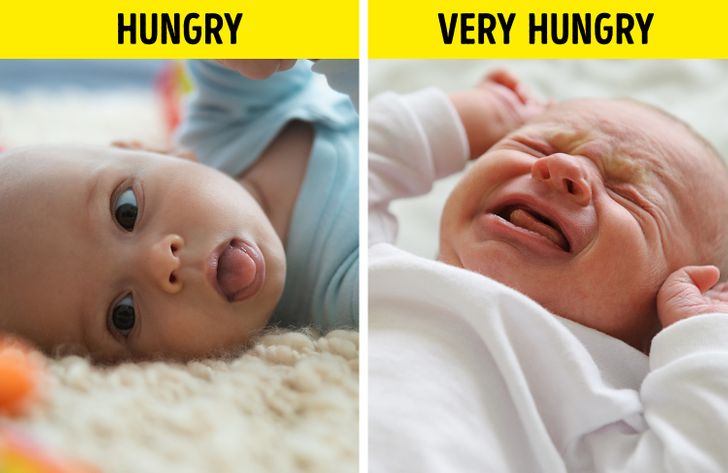
Please note: when a child sleeps with his mouth open - this is a very disturbing symptom. Such a habit easily passes into adulthood: snoring, apnea and numerous negative consequences from this occur.
Need help?
Need help?
Sign up for a free consultation
By clicking on the "Waiting for a call" button, you confirm your consent to the processing of user data
Thank you for your application, our manager will contact you
Tongue dysfunction: how it affects the teeth
The habit of breathing through the mouth, including during sleep, leads to an increase in tongue dysfunction. The child begins to stick out his tongue more often (and the tongue is the strongest oral muscle), make additional efforts and press his tongue on his teeth.
What will happen to the teeth if such a habit develops?
- A diastema, a gap between the front teeth, may form.
- The contacts of the teeth in the anterior section may be disturbed, then an open bite will appear - a rather difficult pathology to correct: it causes significant harm to the condition of the teeth, since the entire load falls on the chewing teeth in the lateral sections.
- The front teeth can rotate (turn around their axis) or form a protrusion - tilt forward.
Children's teeth are quite malleable, as the child grows, the size of his jaws and the place in the row of teeth constantly increase. Therefore, the efforts that the tongue exerts are quite enough to move the teeth, but they will not be able to return back to the correct position on their own.
Another problem
In addition to orthodontic problems, there will be difficulties with pronunciation of sounds. Speech therapy correction is designed for the correct structure of the teeth and the functioning of the tongue, so classes with a speech therapist will be very long and ineffective if the main cause of poor diction is not eliminated.
How to help a child?
It should be understood that these habits do not arise by themselves and not because of bad behavior. Remarks and reminders that you can not stick out your tongue will not work - you need to work with the root cause of the violation.
- Restore nasal breathing.
Orthodontists often prescribe consultations with an otolaryngologist, since the dental system and the respiratory system are closely related. Removal of adenoids, therapy of chronic diseases, normalization of the microclimate at home to reduce the frequency of acute respiratory viral infections, hardening and other restorative procedures - all this can be prescribed by a doctor to achieve remission.
ENT can help restore health for the proper functioning of the tongue- See an orthodontist.
Only in this order, otherwise the treatment will not be effective. As soon as the child is able to breathe with his mouth closed, you can proceed to correct the position of the teeth and tongue.
For this, children's orthodontic appliances were created:
- Plates.
- Trainers.
- Twin Block device.
- Kinder Smile children's aligners.
All of these devices are removable, act quite gently, guiding the teeth during their active growth. Wearing requires parental control, but with proper use, problems are solved quite quickly - in a few months.
Only after that you can start classes with a speech therapist - when the malocclusion and the main manifestations of tongue dysfunction are eliminated, the correction of sound pronunciation will be much more successful.
You can get a free diagnosis and get free consultation
The orthodontist will give you a medical opinion that you are better suited for braces, veneers or aligners
Book an appointment in your city
Need help?
Need help?
Sign up for a free consultation
By clicking on the "Waiting for a call" button, you confirm your consent to the processing of user data
Thank you for your application, our manager will contact you
Read also:
- Contraindications for orthodontic treatment
- What threatens the wrong bite and its violation?
- Surgical correction of the bite
- Orthodontic pacifier
- Plates for straightening teeth
- Lingual braces
A million dollar smile at a bargain price!
By clicking on the "Waiting for a call" button, you confirm your consent to the processing of user data
Thank you for your application! the manager will contact you shortly.
Why does a baby stick out his tongue and is it dangerous
When a baby sticks out his tongue, makes faces, it involuntarily causes a smile. But there is some concern whether the baby really shows his emotions in this way, or is this a dangerous symptom. For example, it may be a symptom of hypothyroidism, a disease resulting from a lack of thyroid hormone. But do not panic right away, let's look at all the reasons why the baby sticks out his tongue.
When and why the baby sticks out his tongue
If the child's behavior seems strange, you need to carefully observe him. After all, he himself still does not know how to speak, so he has to report problems by changing his behavior. If the baby sticks out the tongue only a few times a day, this is an accessible way of communication for him, which should not cause concern.
If this happens too often, keep watching. Pay attention to the reaction of the baby in different situations and be prepared to describe it in detail to the pediatrician. Options can be:
- The kid is grimacing. During the game, it is natural and is a demonstration of positive emotions, an attempt to reproduce some kind of sound or repeat the movement seen in adults. It often appears during sleep or after feeding, but it should not be frequent and nervous.
- The kid is learning to control his muscles, but he is not doing very well yet. No one is alarmed if he randomly moves his legs and arms, and moving his tongue back and forth also becomes a kind of exercise.
- The child lacks attention. If this movement appears in the presence of mom or dad, it indicates that you need to pick up the baby, caress, shake, feed.
- Teeth start to cut. After four months, unpleasant and painful sensations appear in the mouth, the gums swell, the baby scratches them all the time, including with the tongue, and drools.
- The room is too hot. The baby is uncomfortable, and he tries to communicate this, and in order to increase the evaporation of moisture and cool down a little, he instinctively sticks out his tongue.

Examine the child's body, look into the mouth. Any redness or rash, loss of appetite, apathy indicate a problem that makes you constantly stick out your tongue. Going to the pediatrician will help determine the cause and get rid of doubts about health.
Features of physiology
The second problem is a short frenulum - the connection between the tongue and the lower jaw - or its absence. Because of this, the tongue becomes sluggish, inactive. Both problems do not affect well-being, but cause discomfort. Sometimes they can decrease with age. But the issue is cardinally solved with the help of a simple operation, which the child endures much easier in infancy.
When to intervene if the baby begins to stick out the tongue
There are signs that indicate the presence of pathology and are accompanied by involuntary movements of the tongue. By themselves they are not terrible, but the consequences can be very serious:
- The child does not sleep well.
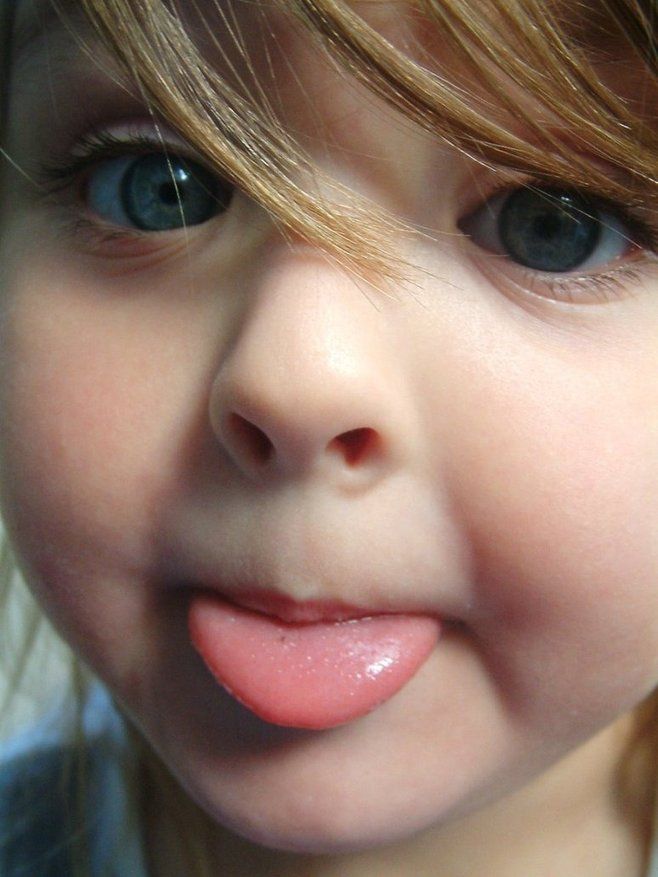 The baby has difficulty falling asleep, shows anxiety, often wakes up or cries out in a dream.
The baby has difficulty falling asleep, shows anxiety, often wakes up or cries out in a dream. - Constant nervousness. The child becomes irritable for no apparent reason, often crying.
- Protruding tongue when lying on back. This is probably caused by the presence of dust in the mouth or in the larynx, unsuccessful attempts to burp or empty the intestines.
In these cases, you should try to remove irritating factors, avoid visiting noisy and crowded places, walk in the fresh air. Pay more attention to the baby, watch his digestion.
Diseases in which the baby constantly sticks out his tongue
In some cases, this behavior indicates the occurrence of a problem - a small or quite serious one. It is better not to specifically look for alarming symptoms in the baby, but you need to know about them in order to prevent more dangerous pathologies:
- Hypothyroidism . If the baby constantly sticks out his tongue, this may be a symptom of hypothyroidism.
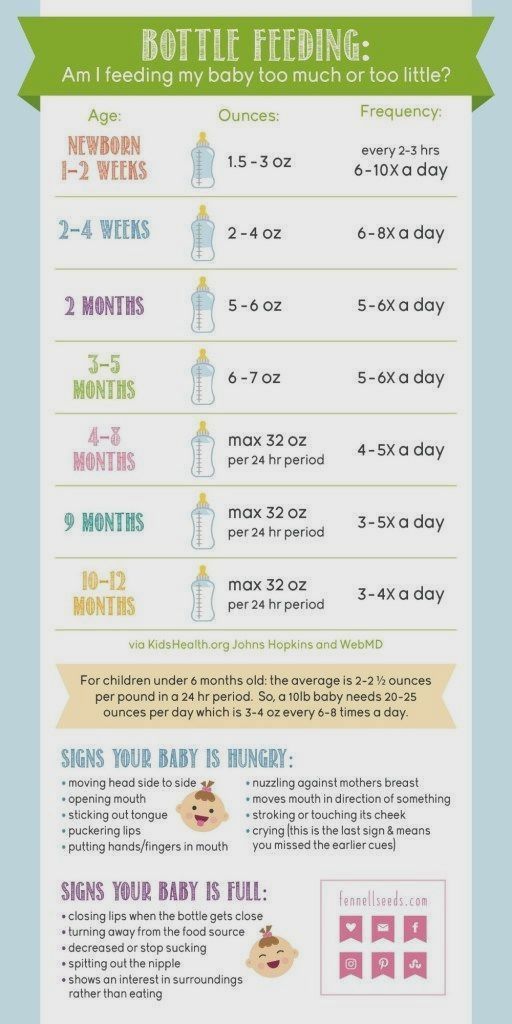 This disease is caused by disorders of the thyroid gland. It occurs if during pregnancy the mother experienced an iodine deficiency. Its main features are pale, marbled or yellow skin of an infant, developmental delay, blue nasolabial folds. At the same time, the tongue swells and does not fit in the mouth. The diagnosis will be made by an endocrinologist, after conducting appropriate examinations, after which long-term treatment will follow.
This disease is caused by disorders of the thyroid gland. It occurs if during pregnancy the mother experienced an iodine deficiency. Its main features are pale, marbled or yellow skin of an infant, developmental delay, blue nasolabial folds. At the same time, the tongue swells and does not fit in the mouth. The diagnosis will be made by an endocrinologist, after conducting appropriate examinations, after which long-term treatment will follow. - Hypotonus tongue. If the child is drowsy, inactive and slowly gaining weight, this may be due to a head hematoma, birth injury, endocrine or infectious disease. Often the problem manifests itself in premature babies. A sign of pathology is a sluggish, "loose", inactive tongue with reduced muscle tone.
- High intracranial pressure . It occurs as a result of difficult childbirth, disorders of the central nervous system, meningitis. The child's behavior becomes restless, he throws his head back, sleeps little.
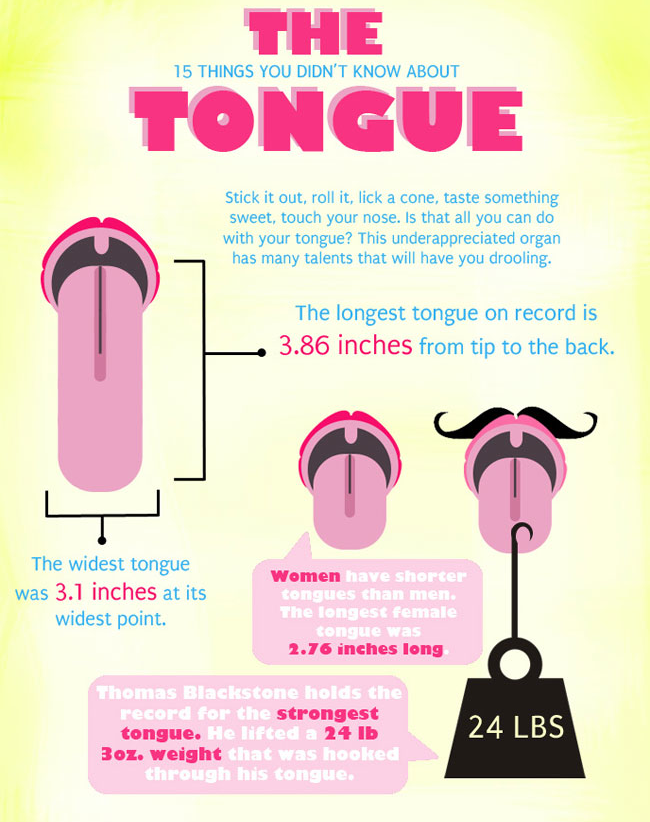 He has an increased head size compared to his peers, the fontanel slowly tightens, hand tremors, strabismus, and increased muscle tone are observed. If there is a suspicion, it is necessary to consult a neuropathologist, an ophthalmologist, and undergo a diagnosis.
He has an increased head size compared to his peers, the fontanel slowly tightens, hand tremors, strabismus, and increased muscle tone are observed. If there is a suspicion, it is necessary to consult a neuropathologist, an ophthalmologist, and undergo a diagnosis. - Atrophy of facial muscles . This problem affects mainly girls, manifested in the lack of facial expressions. The kid is not able to smile, with grimaces there are no wrinkles on the forehead, the face seems petrified. The reason is associated with disruption of the trigeminal nerve, endocrine glands and the work of the autonomic nervous system. It is a complication after infectious diseases, injuries.
- Thrush . The disease is caused by the fungus Candida, which infects the mucous membrane. A white coating appears in the mouth, the gums become inflamed and redden. The baby sticks out his tongue to reduce the resulting irritation. In this case, you should immediately show it to the pediatrician, who will determine the pathogen and prescribe ointments and mouthwashes.
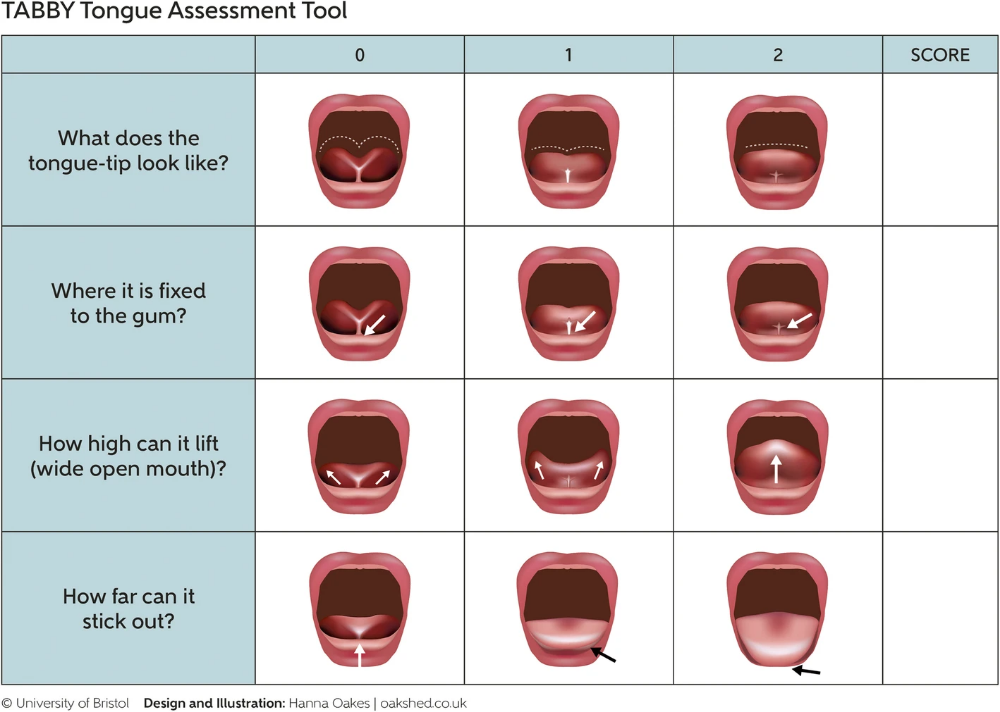 Hygiene, a low-carbohydrate diet will help to avoid this problem.
Hygiene, a low-carbohydrate diet will help to avoid this problem.
All these diseases are dangerous for the baby's health, and protruding tongue is just one of the manifestations. It is impossible to make a diagnosis on your own. It is necessary to consult a doctor who will analyze the symptoms and choose the appropriate treatment, taking into account the characteristics of the baby's body.
Whatever the reason, it is impossible to ignore the abnormal behavior of the baby, but it is often not necessary to rush to the hospital right away. If acute attacks that cause pain do not appear, you should observe the child for a while, make sure that the symptom is repeated more than once, and tell the pediatrician about it at the next examination. It is dangerous to delay treatment for serious diseases, but it is no less harmful to treat a baby for no reason. It is better to double-check the diagnosis, conduct additional examinations.
Tongue sticking out causes for babies under 6 months old
For babies under 6 months old, the most common causes of tongue sticking out are natural reflexes, hunger and genetic differences.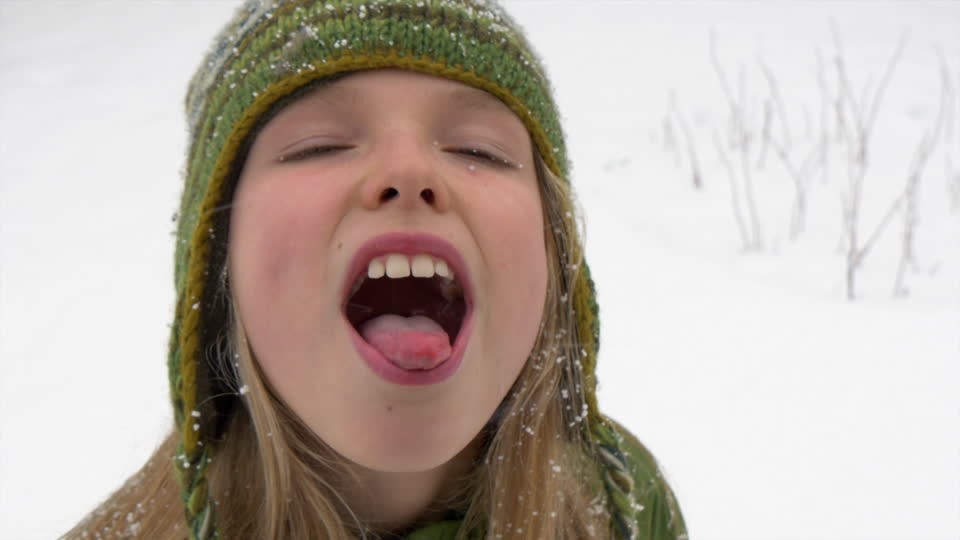
Tongue thrust reflex
Tongue thrust reflex is a condition in which the child automatically protrudes the tongue in response to touching the lips. This reflex makes it easier for young babies to feed when a mother offers a breast or a bottle.
The tongue thrust reflex usually lasts up to 4-6 months. Parents should not offer solid food to the child until this reflex disappears. However, most babies do not need solid foods until they are 6 months old.
Hunger
Young children often stick out their tongue when they are hungry. The child may turn his head to one side, open his mouth, and then do the same while looking the other way.
Genetic condition
Congenital diseases are conditions that are present from birth. Some congenital disorders can cause a baby to have an enlarged tongue than usual. This can cause the tongue to come out of the mouth. This is different from when a child deliberately sticks out his tongue. Children with conditions such as Down syndrome and Beckwith-Wiedemann syndrome may stick their tongue out most of the time, along with other signs and symptoms.
Children with conditions such as Down syndrome and Beckwith-Wiedemann syndrome may stick their tongue out most of the time, along with other signs and symptoms.
Genetic diseases are the least likely reason why babies stick their tongue out. In most cases, a protruding tongue is not a sign that the child has any genetic differences.
Infant over 6 months sticks out tongue - causes
At around 6 months, babies develop some communication skills, meaning they may intentionally stick their tongue out. A child may stick out his tongue to imitate an older child or adult, to get a reaction from a parent, or to signal hunger.
Imitation
Most babies begin to imitate adult behavior when they are about 8 months old. However, premature babies and children with developmental delays may imitate a little later.
Getting a response
Children crave attention and constantly learn about relationships with people they encounter. The child may stick out his tongue to test the reaction he is getting from a particular person. If an adult laughs in response to a child sticking out their tongue, the child will do so more often. However, some children may continue to stick out their tongues even if the adult does not approve of them, because they are curious about the behavior of adults.
The child may stick out his tongue to test the reaction he is getting from a particular person. If an adult laughs in response to a child sticking out their tongue, the child will do so more often. However, some children may continue to stick out their tongues even if the adult does not approve of them, because they are curious about the behavior of adults.
Hunger
Some children find that sticking out their tongue gives them food. They can do this even when they can signal hunger in other ways.
Sticks out tongue after feeding
There are several reasons why a baby might stick out his tongue after feeding.
Satiety signal
After eating, the child may turn his head away from eating or refuse to eat. Some children try to push food out of their mouths by sticking out their tongue.
Hunger alarm
There are times when a child is still hungry, even if they have just eaten. This can happen while breastfeeding, if the mother is not getting enough milk, or if the baby is not getting enough food.








